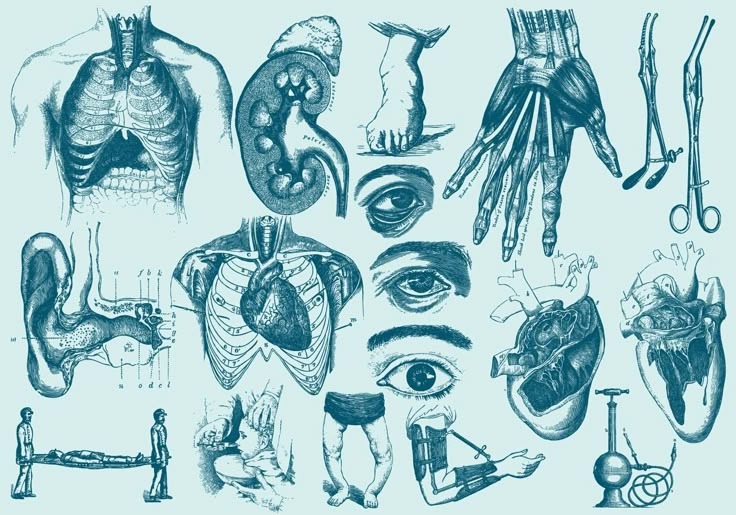
Why Medicine Is Important: Preserving Life and Advancing Society
Medicine plays a central role in human society by saving lives, preventing disease, and enhancing the quality of life. Throughout history, the development and practice of medicine have enabled individuals and communities to overcome illnesses that once decimated populations. Today, advances in medical science continue to transform the human experience, providing hope in the face of disease, prolonging life, and improving overall well-being.
At its core, medicine is about preserving life. From early practices such as herbal remedies and bloodletting to modern breakthroughs like organ transplantation and gene therapy, medical advancements have dramatically reduced mortality rates. Vaccination, for example, stands as one of the most significant achievements in medicine. By preventing infectious diseases like smallpox, polio, and measles, vaccines have saved millions of lives and paved the way for healthier populations worldwide. In addition, modern surgical techniques and emergency care have increased the likelihood of survival following traumatic injuries or acute medical conditions.
Medicine also plays a vital role in disease prevention and public health. Preventive care—including routine screenings, immunizations, and health education—helps detect problems early and stops diseases before they can cause serious harm. Public health initiatives, often guided by organizations such as the World Health Organization (WHO) and the Centers for Disease Control and Prevention (CDC), coordinate efforts to control outbreaks and manage chronic conditions like diabetes and heart disease. These initiatives not only improve individual health outcomes but also reduce the financial burden on healthcare systems by preventing the escalation of disease.
Beyond saving lives and preventing illness, medicine significantly enhances quality of life. Chronic conditions, once considered fatal, are now manageable due to advances in pharmaceuticals and personalized treatment plans. Patients with conditions such as hypertension, asthma, or arthritis can lead active, fulfilling lives thanks to medications and lifestyle interventions informed by ongoing research. Moreover, the rapid pace of medical innovation—ranging from minimally invasive surgery to cutting-edge diagnostic imaging—continues to improve patient outcomes, reduce recovery times, and minimize the risks associated with treatment.
Furthermore, the field of medicine drives scientific discovery and technological innovation. Medical research not only leads to new treatments and cures but also contributes to our overall understanding of human biology. Innovations developed for medical purposes often have broader applications, influencing fields such as biotechnology, robotics, and even information technology. For instance, the development of telemedicine and wearable health technology has revolutionized patient monitoring and expanded access to care, particularly in underserved communities.
In essence, medicine is much more than a collection of treatments—it is a cornerstone of human progress. By addressing the physical and mental needs of individuals, medicine promotes healthier, more resilient societies. As we continue to confront emerging health challenges such as antibiotic resistance and global pandemics, the importance of medicine becomes ever clearer. Investing in medical research, education, and healthcare infrastructure not only saves lives today but also lays the groundwork for a healthier tomorrow.
Works Cited
Centers for Disease Control and Prevention. “Vaccines and Immunizations.” CDC, 29 Jan. 2023, https://www.cdc.gov/vaccines/index.html. Accessed 1 Feb. 2025.
Mayo Clinic. “Medical Research: Advancing Knowledge to Improve Health.” Mayo Clinic, https://www.mayoclinic.org/research. Accessed 1 Feb. 2025.
National Institutes of Health. “NIH Research Matters.” NIH, https://www.nih.gov/news-events/nih-research-matters. Accessed 2 Feb. 2025.
World Health Organization. “Health Topics: Vaccines and Immunization.” WHO, https://www.who.int/health-topics/vaccines-and-immunization#tab=tab_1. Accessed 3 Feb. 2025.
Post a comment